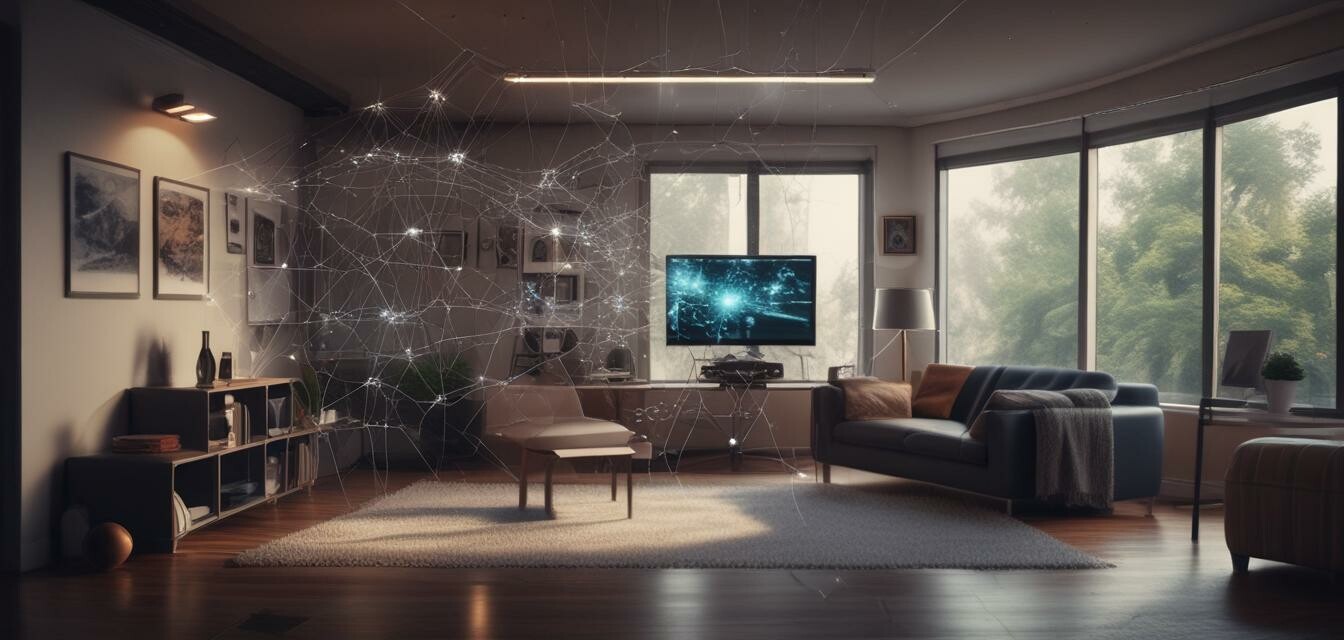
Exploring the Impact of Artificial Intelligence on Security
Key Takeaways
- Artificial Intelligence (AI) is revolutionizing security processes.
- AI improves monitoring efficiency and real-time threat detection.
- Integration of AI in surveillance systems enhances overall safety for homeowners.
- Emerging technologies such as AI-based facial recognition are changing the security landscape.
- Understanding AI's role in security is vital for informed decisions about safety measures.
As we delve into the advancements of artificial intelligence (AI), one significant area where its impact is felt is in the realm of security. In recent years, AI technologies have transformed the way security processes operate, automating previously manual tasks and enhancing monitoring efficiencies. This article offers insights into how AI is reshaping security practices and why homeowners need to pay attention to these trends.
How AI is transforming security processes
Artificial intelligence plays a crucial role in modern security systems by enabling devices to learn from data inputs and adapt to various scenarios. AI algorithms improve the capabilities of security cameras and systems, allowing them to function more effectively.
1. Real-time threat detection
One of the primary advantages of AI in security is its ability to identify potential threats in real-time. This proactive approach enables faster responses to suspicious activities.
2. Intelligent video analytics
Security cameras equipped with AI can analyze video footage for unusual patterns or behaviors. This technology minimizes false alarms by distinguishing between harmless activities and genuine threats, saving you time and resources.
Integration with smart home systems
The integration of AI technology with smart home systems is enhancing security measures on multiple levels. Here's a look at how this integration is evolving:
| Integration Type | Benefits |
|---|---|
| Smart Doorbell Cameras | Real-time notifications of visitors and potential intruders via smartphone. |
| AI-Enhanced Surveillance Cameras | Facial recognition technology that alerts homeowners of known or unknown individuals. |
| Home Automation Systems | Automation of lighting and alarm systems in response to security threats. |
Emerging technologies in AI security
With the ongoing advancements in AI, several new technologies are emerging as critical components of security systems:
- Facial Recognition: AI algorithms can quickly identify individuals, providing enhanced security monitoring.
- Machine Learning: Systems learn from historical data to predict and prevent potential security breaches.
- Predictive Analysis: AI-driven analytics can forecast potential threats based on patterns and behaviors.
Considerations for homeowners
As AI technology becomes increasingly prevalent in security solutions, homeowners should consider the following:
Tips for homeowners
- Stay informed about the latest trends in security technology.
- Invest in quality security systems that incorporate AI features.
- Understand the installation and maintenance requirements of AI-driven devices.
- Keep abreast of updates and security patches for your devices to protect against vulnerabilities.
The future of AI in security
As we look toward the future, AI technology promises to continue to evolve, enhancing home safety measures on an unprecedented scale. Homeowners must adapt and consider how these advancements can be leveraged to maximize security.
Conclusion
In a world where security concerns are a constant reality, integrating artificial intelligence into security measures not only enhances protection but also streamlines monitoring processes. By understanding and adopting these technologies, homeowners can take significant steps toward ensuring the safety of their loved ones and properties.
Pros
- Enhanced monitoring capabilities
- Faster response times to threats
- Reduced false alarms
- Integration with smart home features
Cons
- Potential privacy concerns
- High costs for premium systems
- Dependency on technology and internet connectivity
Explore more about security technology
For further insights and resources, check out our categories on CCTV systems, home automation systems, and home safety tips.
